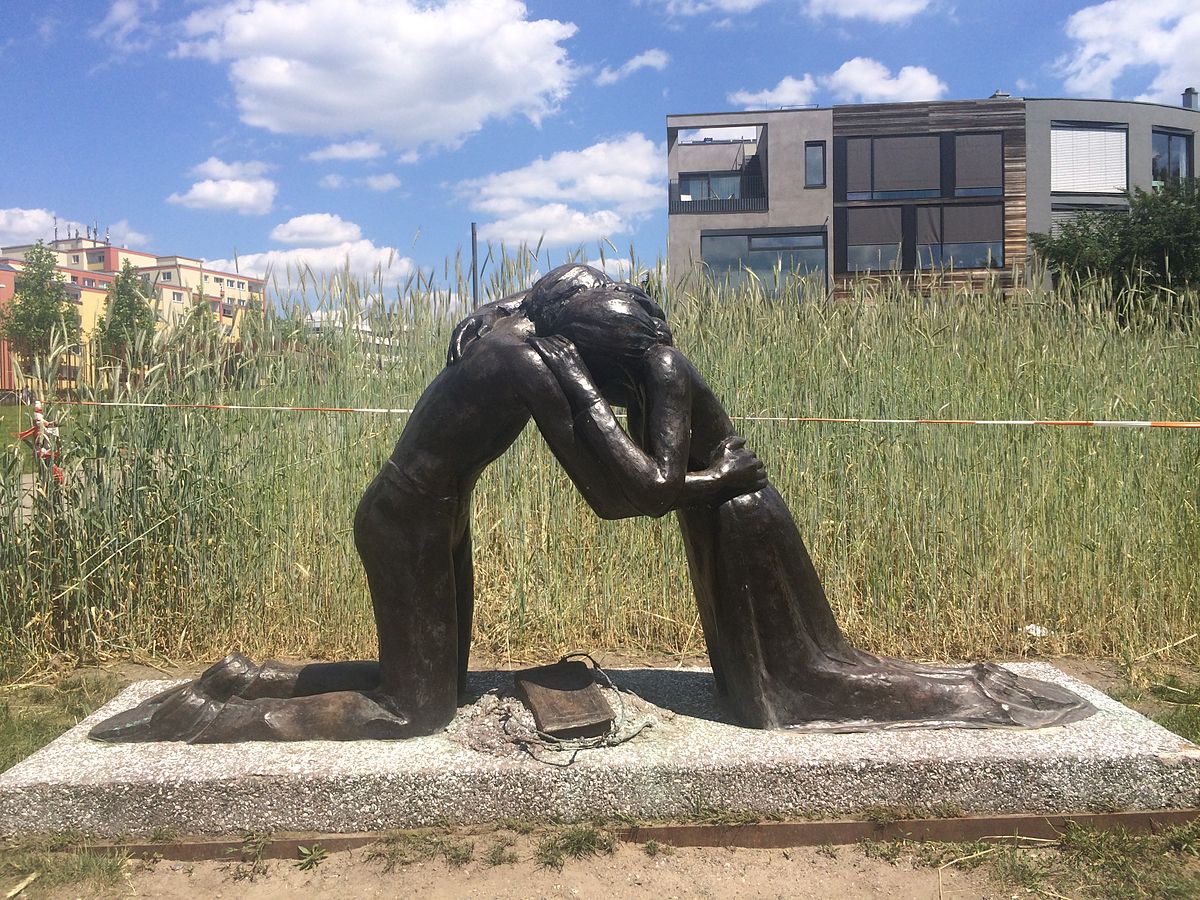
In an era marked by intricate global interconnections, the pursuit of knowledge in Peace and Conflict Management is indispensable, resonating far beyond the realm of academia. This education, cantered around the principles of inner peace, plays a pivotal role in shaping a harmonious world on various fronts. It delves into the nuances of conflicts, offering a comprehensive understanding of both inner and social peace, becoming a cornerstone for stability, cooperation, and prosperity.
Crucial to this understanding is the emphasis on effective communication, honing negotiation skills that serve as indispensable tools for conflict resolution. By fostering dialogue and understanding, individuals equipped with these skills become adept mediators, navigating diverse landscapes with finesse. Such capabilities extend beyond personal relationships to permeate the corporate world, where corporate social responsibility takes centre stage.
In the workspace, graduates of Peace and Conflict Management programs bring their expertise to the table, contributing to a more harmonious work environment. Their nuanced understanding of conflict dynamics facilitates not only dispute resolution but also the creation of workplaces that prioritize collaboration and employee well-being. The corporate world, with its myriad interactions and diverse teams, benefits immensely from individuals well-versed in the principles of peace.
Beyond organizational settings, the impact of this course reverberates on the international stage. Armed with a profound understanding of diplomatic efforts and negotiation strategies, graduates become valuable contributors to the quest for peace in the global arena. Their ability to navigate complex geopolitical landscapes and address international conflicts is crucial for fostering unity and cooperation between nations.
Furthermore, the concept of corporate social responsibility takes on new dimensions as graduates actively engage in promoting peace-building initiatives. By integrating ethical practices and conflict resolution mechanisms into corporate frameworks, these individuals contribute to the creation of socially responsible organizations that prioritize peace as a core value.
In essence, the study of Peace and Conflict Management transcends traditional academic pursuits, becoming a transformative force in shaping a world where inner peace extends to social harmony. It equips individuals with the skills needed to mediate, negotiate, and foster a culture of collaboration not only in personal relationships and workplaces but also on the grand stage of international relations. In doing so, it lays the foundation for a global community that embraces the principles of peace, cooperation, and understanding.
Author
Prof. Anjoo Sharan Upadhyaya
Distinguished Professor of Public Policy, MIT WPU
Global Fellow, PRIO, Oslo





